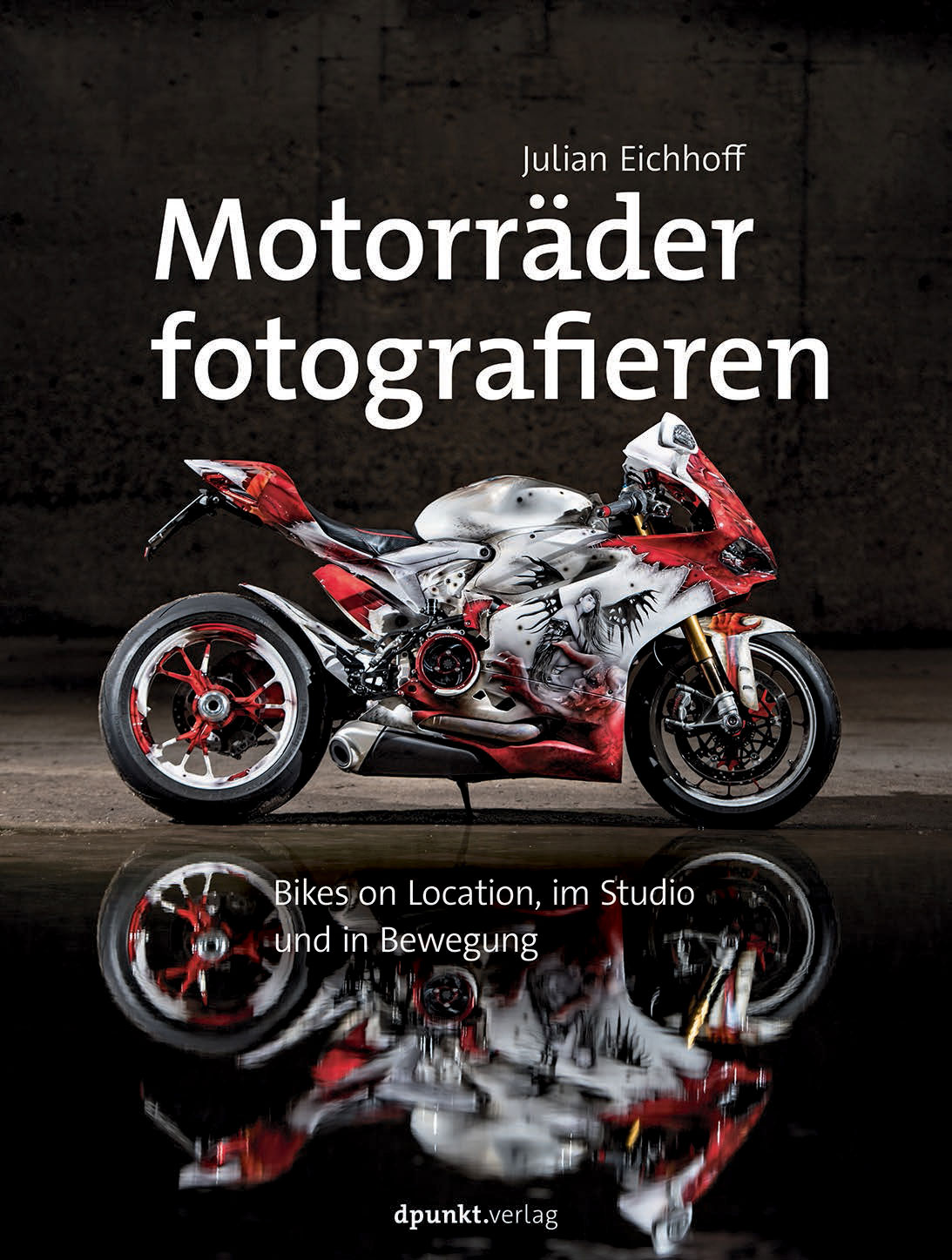
“I do not need all those lenses, flashes, full frame bodies, camera bags, tripods etc. to be a good photographer.”
There, I said it, it’s out. I felt that this statement had to be made since many photographers (me absof**kinglutely included) are crazy about hi-tech gear, about the newest lenses and bodies, about all those wonderful things the camera industry produces. That is called “gas” – Gear Acquisition Syndrome. Monkey see, monkey buy. And again, yes ! I am totally infected with gear acquisition syndrome.
In today’s post I want to express that a.) I stand by this, no denial here and b.) that I still know that all this gear is not what makes me a (supposedly passable) photographer.
The phrase “it is not the gear that makes the image, it is the photographer” is repeated by many photographers like a mantra to counter the statement “You have a good camera. It must make really good images”. And to a certain degree I agree that gear is not important. It does not matter whether you have a full-frame DSLR or a mirrorless system camera or a bridge camera. With all those cameras stunning images can be (and are being !) created on a daily basis. But more (or more expensive) gear adds possibilities. Too dark ? A pro body with outstanding high ISO performance is your best buddy. Want to photograph that spider ? Better have a macro lens. Shooting a soccer game ? High framerate and a tele lens help.
Let me illustrate this with an example. A few years ago I did a trip to Iceland. We booked a whale watching tour and headed out to see humpback whales. I had a D300s, the guy standing next to me an entry-level DSLR with a lower framerate. As the whale surfaced and shortly popped his fin out of the water I could go clickclickclickclickclickclick and select the best image from the series. The guy next to me had to wait for the best moment and only then press the shutter. Where I took ten images he made two perhaps. Who is the better photographer ? Can’t say. What my “better” gear managed to achieve was to merely heighten the chances, that a good image was among the ones I took.
So certain situations require special gear. As mentioned above, close-ups of insects are not possible without something that enables you to get close, be that a macro lens, a lens reversing ring or a conversion lens. That stuff simply makes the macro photo possible in the first place. But even with the best macro lens one can take a crappy photo. It is still the photographer who makes the composition, chooses the lighting parameters and presses the shutter in the decisive moment.
But since I had this epiphany, why do I still drool about new camera bodies and lenses and whatnot ? Simple. Because I am a guy, a geek, an engineer. I am interested in technology. It’s just as plain as that. I have a lot of fun reading about new equipment, comparing it to my current gear, selling old, buying new gear. I just love it. New gear will always have something that your current gear does not have. Why did I transition to full frame for example ? To have a good high-ISO performance. And indeed: Suddenly I could take pictures in situations where I previously had put my D300s away. Suddenly I discovered that Auto-ISO is a very practical thing and that it gives you more flexibility. I could extend this list endlessly, but I think the message has been delivered.
Bottom line: High-end gear means that you have appropriate and good tools to work with. In most cases you can take the same images with the same quality also with entry-level gear. But this will require more skill, patience and perhaps some luck (e.g. catching fast-moving objects). Knowing this one should sometimes step back and take less or simpler gear when shooting in order to learn, improve and hone your skills.


